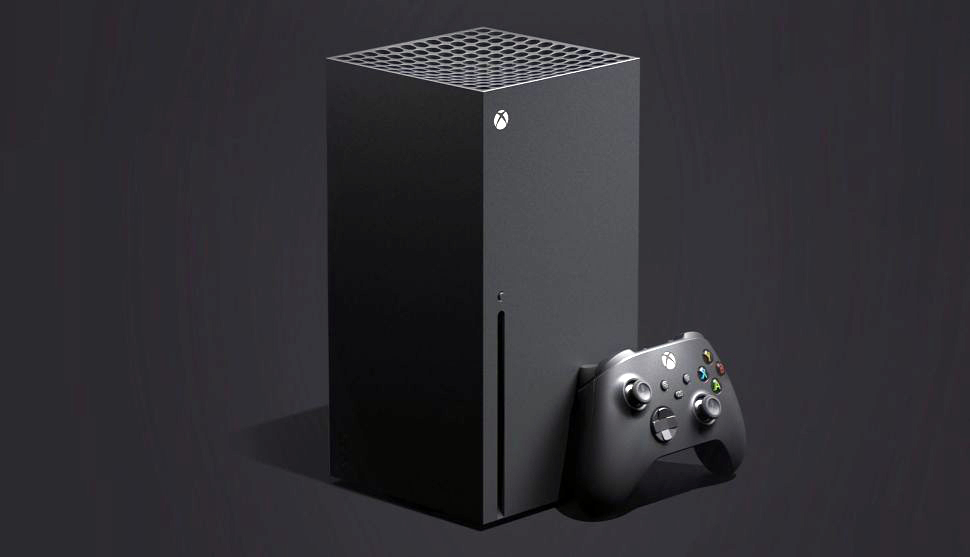Here’s how Microsoft's Xbox Series X could revolutionize business computing
Modularity is the key

Sign up for breaking news, reviews, opinion, top tech deals, and more.
You are now subscribed
Your newsletter sign-up was successful
When hardware details of Microsoft’s Xbox Series X were first published, the headlines were mostly about the CPU, GPU and the 16GB of GDDR6 memory. Far fewer were dedicated to what some will consider the true revelation; Microsoft’s Velocity Storage.
In a nutshell, it's a new DirectX extension (DirectStorage), coupled with a dedicated on-CPU silicon that deals with decompression and a new proprietary memory card that delivers 2.4GBps (or 19.2Gbps) of what Eurogamer calls “guaranteed throughput”.
In comparison, Thunderbolt 3 (TB3) has a maximum theoretical throughput of 40Gbps, but we have very rarely reached anything higher than 24Gbps (or 3GBps) in our numerous reviews of external SSDs that use TB3.
- Check out our list of the best portable SSDs for 2020
- Here's our list of the best external hard disk drives out there
- We've curated the best USB flash drives on the market
What makes Velocity Storage so special is that Microsoft has worked with AMD to customize an area of the die to take care of the issue of decompression, with the help of an extension to the DirectX API. This, Microsoft believes, is revolutionary.
The ability to pair the software, hardware and a third player may well be a game-changer for businesses and allow Microsoft to extend its grip on the enterprise computing market, beyond the reach of Apple or Google.
Beyond compression
Working either with Intel or AMD, one can imagine Microsoft will be able to tie accelerators to specific tasks or applications within Windows 10 - encryption, compression, AI or Javascript performance.
This isn't out of the ordinary in the cloud computing market, where semi-customised processors are common. Intel, for example, acquired a company called Altera to offer programmable Xeon chips back in 2014.
Sign up to the TechRadar Pro newsletter to get all the top news, opinion, features and guidance your business needs to succeed!
However, it would be groundbreaking if Microsoft was able to call the shots in the business end-user computing market by including custom silicon in market-ready products.
For example, a workstation compatible with the Velocity Storage technology could offer faster throughput for video editing purposes - similar to Intel’s proprietary AVX-512 extensions, but more universal.
A Javascript accelerator could make Microsoft Edge Chromium far faster than the competition, but it would require new hardware - and herein lies the true business value. The concept of customized performance is so revolutionary, it may well prove to be the catalyst that sees businesses upgrade their hardware after the Windows 7 to Windows 10 migration period is over.
What about Microsoft's cloud business Azure? It is likely compression/decompression blocks exist on CPUs to dramatically reduce the demand for storage (especially cold storage or glacier type), similar to tape.
It is inevitable that Microsoft will port its learnings from the Xbox Series X to Windows 10, to the benefit of consumer and business end users alike.
- Here's our list of the best secure hard drives on the market

Désiré has been musing and writing about technology during a career spanning four decades. He dabbled in website builders and web hosting when DHTML and frames were in vogue and started narrating about the impact of technology on society just before the start of the Y2K hysteria at the turn of the last millennium.